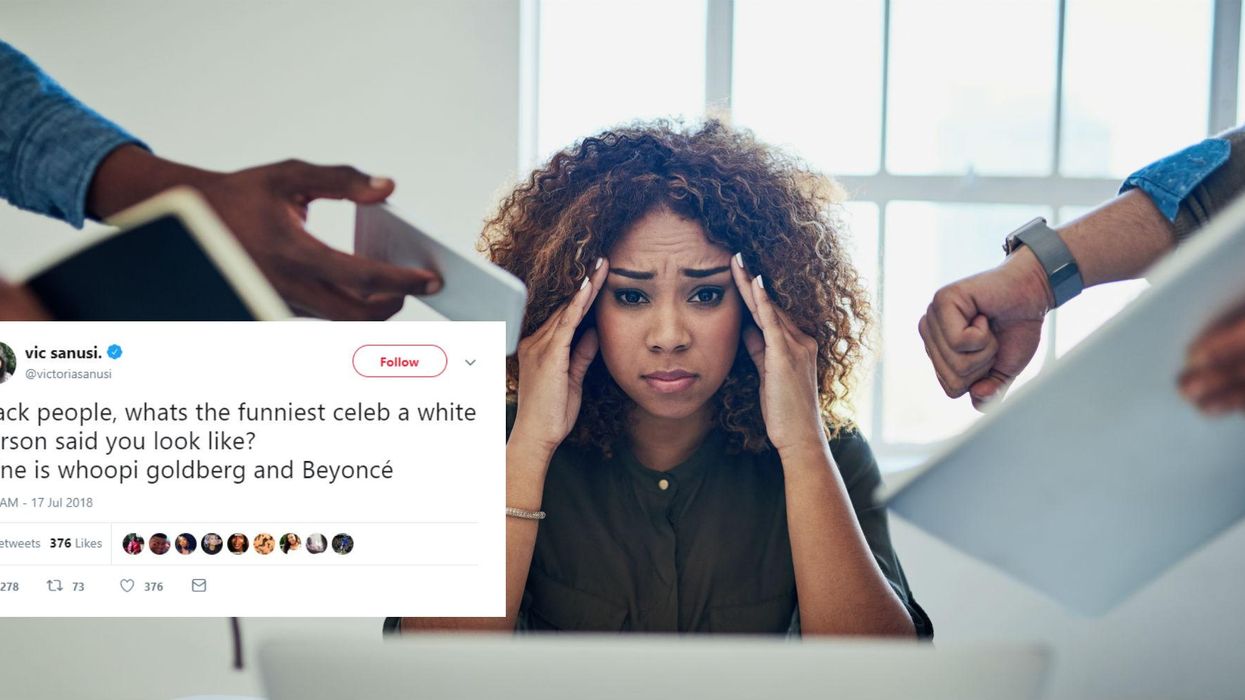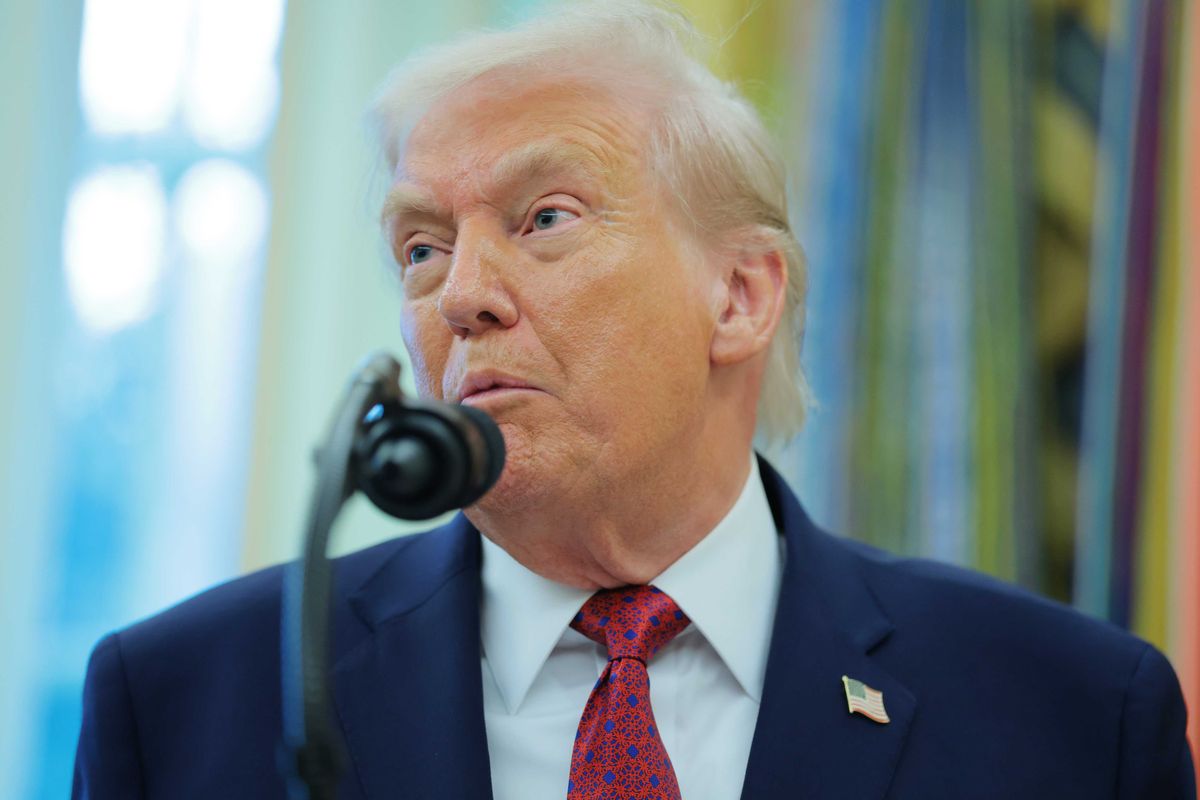News
Jake Hall
Jul 18, 2018

Photo: iSTOCK / PeopleImages / Screenshot: Twitter / @victoriasanusi
If there’s one motto to remember in the age of social media, it’s this: be careful what you post.
One Twitter user learned this valuable lesson yesterday when he posted a now-deleted tweet claiming that Love Island contestants Wes and Josh look similar to Nickelodeon icons Kenan and Kel.
Spoiler alert: they look nothing alike.
In fact, the only thing they have in common is their skin colour, a fact which journalist Victoria Sanusi quickly picked up and highlighted by asking black people specifically who they had been compared to in the past.
At first glance, the results seem comical purely because of the extent of their inaccuracy.
Others shared more specific stories, some of which were complimentary and some of which were were seemingly laced with nastier motives.
It's easy to be surprised by these examples of (sometimes) arguably well-meaning white people making ridiculous comparisons, but there are deeper implications at play which scientists have tried to explain. They've even coined a term: "the other-race effect", defined in The New York Times as a “cognitive phenomenon that makes it harder for people of one race to readily identify or recognise individuals of another.”
The scientific explanation may exist, but it doesn’t negate the fact that these comparisons could be read as either offensive, or just plain racist.
A famous example of the reactions that these inaccurate ‘lookalike’ claims can elicit came courtesy of Samuel L Jackson back in 2014.
In an embarrassing series of circumstances, reporter Sam Rubin confused Jackson with Laurence Fishburne, another black actor.
Jackson replied:
I’m not Laurence Fishburne. We don’t all look alike! We may all be black and famous… But I’m the other guy… The other one. There’s more than one black guy doing a commercial.
I’m the ‘What’s in your wallet?’ black guy. He’s the car black guy.
Jackson may have made light of the situation by referencing the two commercials, but there’s something undeniably uncomfortable about the situation – as well as the various comparisons (which, let’s be real, are often a reach) made in Sanusi’s Twitter thread.
It’s also worth pointing out that this isn't the first time Love Island's Wes and Josh have been mentioned in discussions about race; the show's racial politics have been explored at length this year in particular, a fact largely due to a lack of diversity in casting.
Writer Yomi Adegoke, co-author of ‘Black Girl Bible’ Slay In Your Lane, penned an incisive op-ed dissecting the show’s treatment of Samira, its lone black female contestant. By contrast, the mixed-race male contestants, Wes and Josh, were arguably fetishised by the women on the show; writer Fedora Abu argued convincingly that this fetishisation has recurred throughout history, and that racial ‘preferences’ are no less problematic than explicit racism.
The message is simple: our words have implications. So before you make that ill-advised appearance comparison, take a quick pause and ask yourself: will I be roasted for this?
If the answer is yes, it might be best to keep it to yourself. As Sanusi’s thread shows, Black Twitter has likely heard it all before.
More: Phyll Opoku on why UK Black Pride is needed, now more than ever: ‘It’s a safe space’
Top 100
The Conversation (0)













